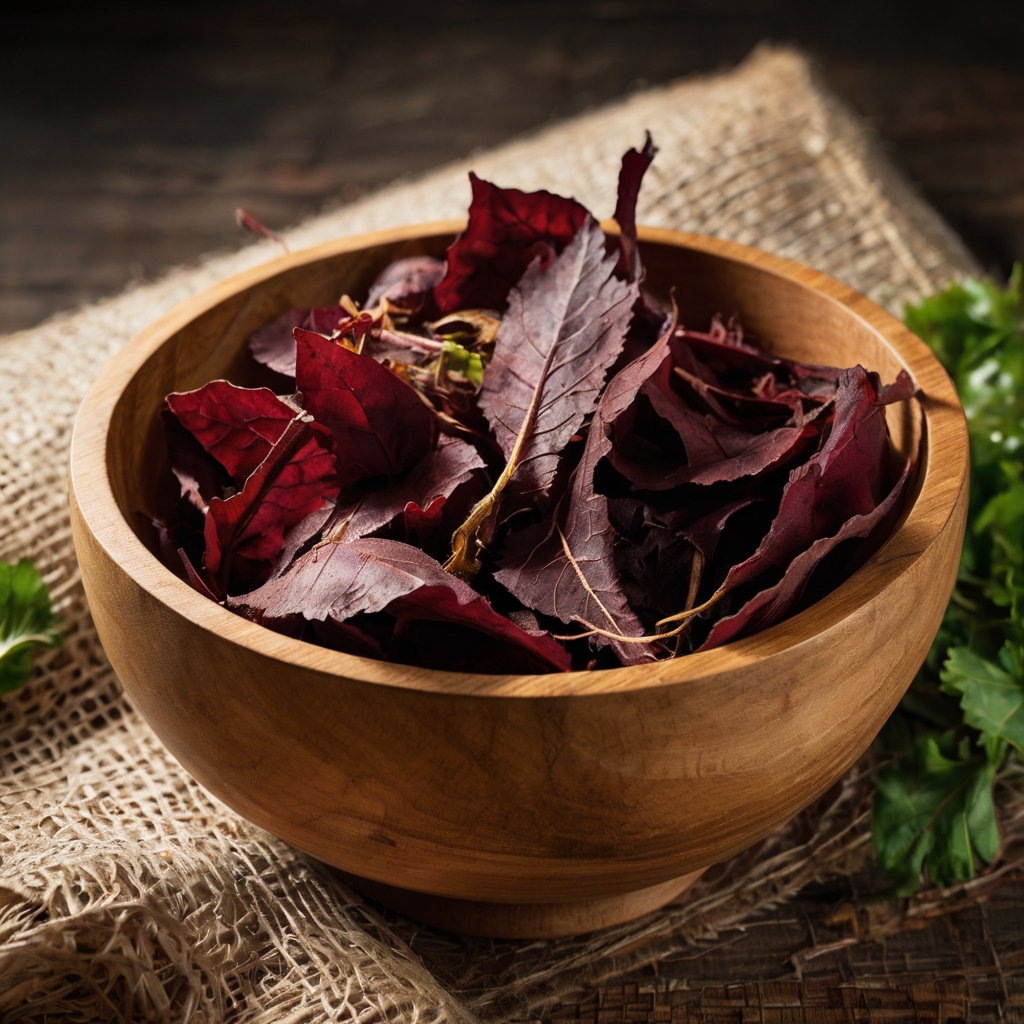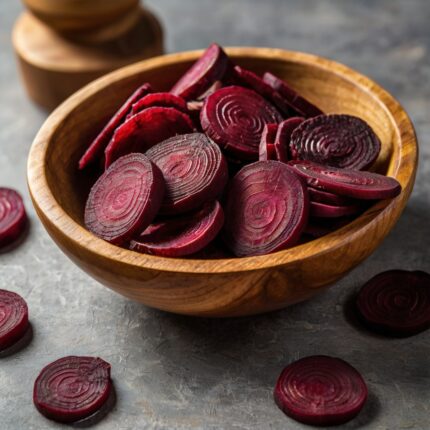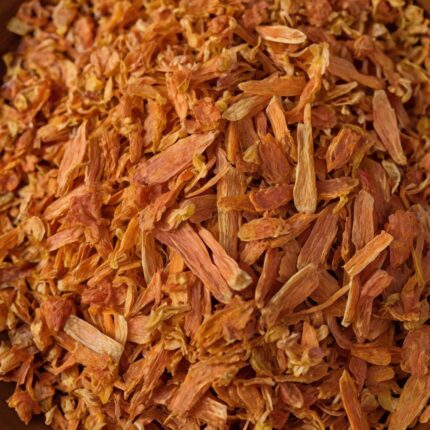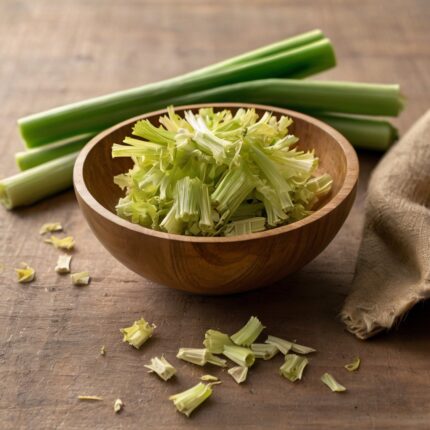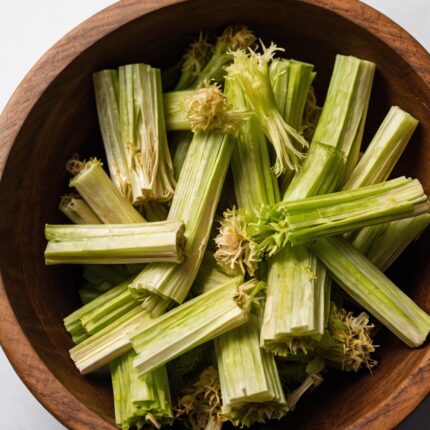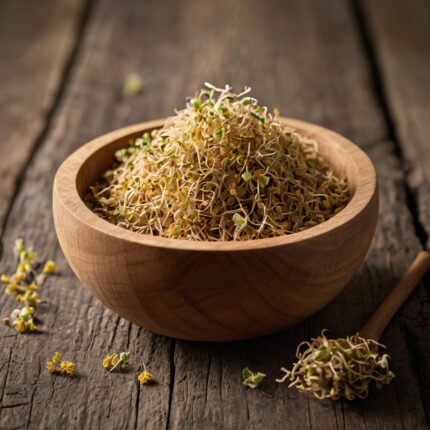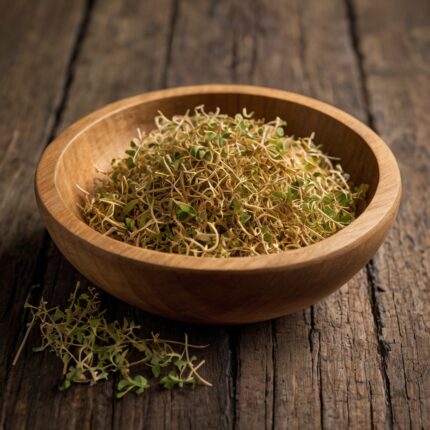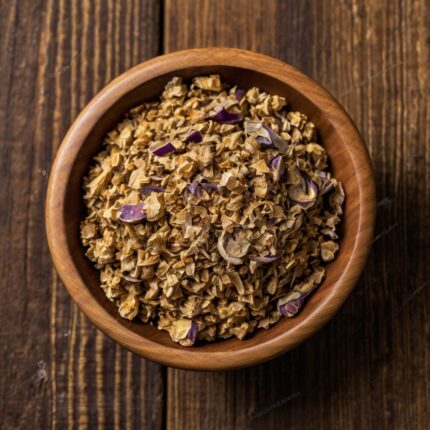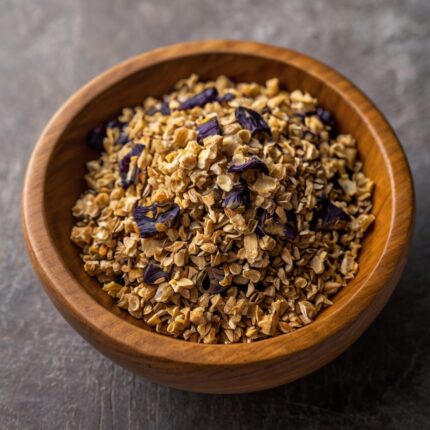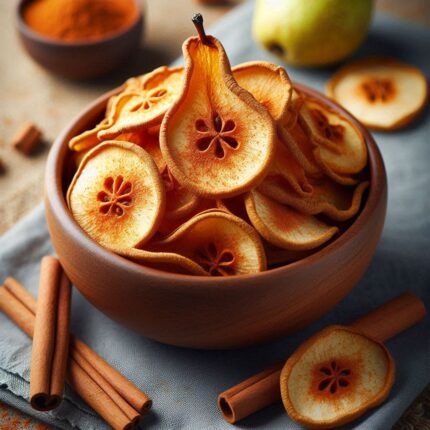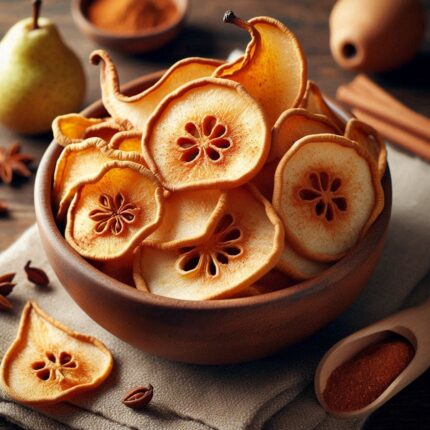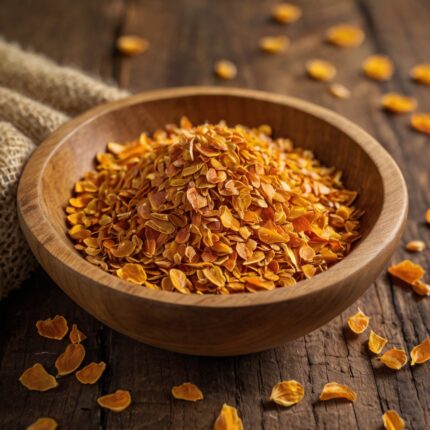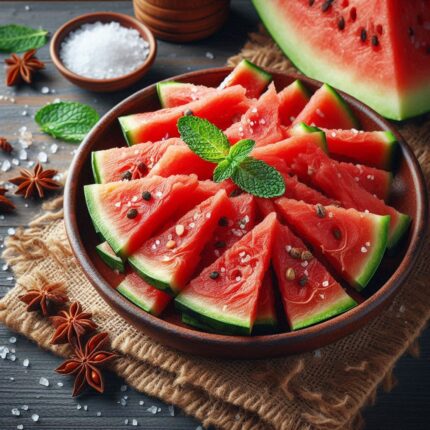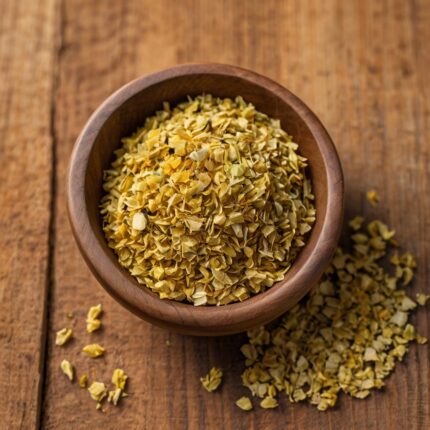Dried beet leaves are the dried leaves of the beet plant which are often considered a byproduct of beet harvesting. These leaves which are frequently discarded as agricultural waste are actually rich in nutrients and contain vitamins such as K A and C minerals like iron magnesium and potassium and dietary fiber. After drying beet leaves can be easily stored and used for extended periods retaining a significant portion of their nutritional value. They can be utilized in various applications both in food and non-food products. In culinary uses dried beet leaves can be added to soups stews or ground into powder for use as a seasoning or nutritional supplement. In non-food applications they may be incorporated into animal feed or used in natural fertilizers due to their organic content.
Applications of dried beet leaves as a raw material:
Culinary applications:
Herbal tea: Dried beet leaves can be steeped in hot water and consumed as herbal tea. These leaves have a mild, earthy flavor with a slightly sweet undertone and can be used to prepare healthy, nutrient-rich teas.
Seasonings and spices:When ground into a powder, dried beet leaves can be added to spice blends or seasonings. This powder can be used to flavor soups, stews, salads, or sprinkled over grains like rice and quinoa.
**Smoothie additive:** Dried beet leaf powder can be added to smoothies to boost their vitamin, mineral, and fiber content. It pairs well with other leafy greens such as spinach or broccoli.
**Soup and broth bases:** Rehydrated dried beet leaves can be added to meat or vegetable broths to enhance their nutritional value and impart an earthy flavor.
**Salads and garnishes:** Once rehydrated, these leaves can be used in salads to add texture and boost nutritional value.
**Pasta, pizza, and bread:** Beet leaf powder can be used in pasta dough, pizza crust, or bread recipes to add a rich green color and enhance the flavor.
**Smoothie bars and protein bars:** Dried beet leaf powder can be used to enhance the nutritional value of energy bars, protein bars, or homemade granola.
**Livestock feed and animal nutrition:**
Pet food: Dried beet leaves can be used as a supplement in pet food, especially for herbivores like rabbits, guinea pigs, and certain birds. These leaves add fiber and micronutrients to their diet.
**Livestock feed:** In agriculture, dried beet leaves can be added to the feed for livestock such as goats, cows, or poultry. They are a good source of plant-based nutrients and fiber, which can contribute to the health of the animals.
**Natural health supplements:**
Herbal supplements: Dried beet leaves can be used as a raw material for herbal supplements, particularly those focused on providing essential vitamins and minerals. They are often combined with other superfoods in capsules or tablets to support digestive health, detoxification, and overall wellness.
**Detox tea:** Dried beet leaves can be incorporated into detox teas for their liver-cleansing properties and to support the body’s natural detoxification processes.
**Anti-inflammatory and antioxidant supplements:** Due to the high level of antioxidants in beet leaves, they can be used in supplements aimed at reducing inflammation and combating oxidative stress.
**Natural food coloring:**
The green color of dried beet leaves can be extracted and used as a natural food coloring. Chlorophyll and other pigments present in the leaves can be utilized in the food industry to impart a green hue to products such as confectionery, bread, or pasta.
**Cosmetics and personal care:**
Skincare products: The high levels of antioxidants, vitamins, and minerals in dried beet leaves make them a valuable ingredient in skincare products. They can be ground into powder and incorporated into face masks, creams, lotions, or scrubs to help nourish the skin and promote healthy skin.
**Hair care:** Beet leaf powder can be added to shampoos and conditioners to promote hair and scalp health. The nutrients may help improve hair texture and enhance shine.
**Aromatherapy:** Although less common than other ingredients, essential oils or extracts derived from beet leaves may be used for their soothing and anti-inflammatory properties in aromatherapy applications.
**Fertilizer and compost:**
Compost: Dried beet leaves can be added to compost bins or piles, where they decompose and provide valuable nutrients to enrich the soil.
**Natural fertilizer:** Due to their nutrient content, dried beet leaves can be converted into natural fertilizer, which helps improve soil fertility and provides essential nutrients to plants.
**Medicinal and traditional uses:**
Beet leaves have traditionally been used in herbal medicine for their digestive benefits, including improving appetite, reducing bloating, and enhancing nutrient absorption.
**Blood health:** Due to their high iron content, beet leaves are sometimes used in natural treatments to support blood health or prevent anemia.
| Nutrients | ** Dried beetleaves | (approximately 100 grams)
| calorise | 300–350 |
| protein | 20–25 g |
| fat | 4–6g |
| Saturated | Fat0.5–1 g |
| **Total Carbohydrates | 50–55 g |
| Dietary Fiber | 30–35 g |
| suger | 3–5g |
| VitaminA | 6,000–9,000 |
| Vitamin C | 40–50 |
| VitaminK | 800–1,000 |
| Folat | 100–150 |
| Calcium | 200–250 |
| iron | 10–15 |
| Magnesium | 150–200 |
| Potassium | 1,200–1,500 |
| Sodium | 15–30 |
